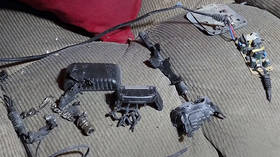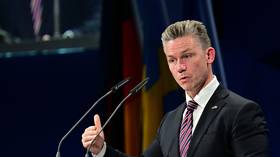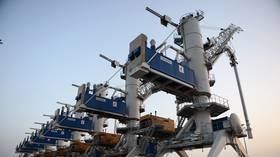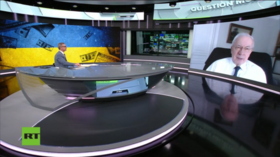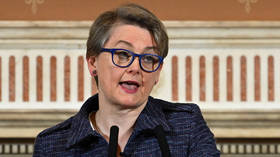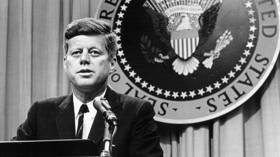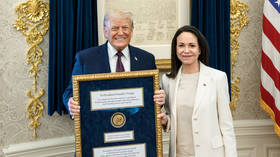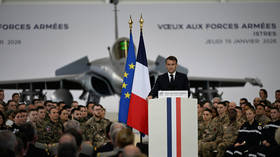Hezbollah leader eliminated – Israel
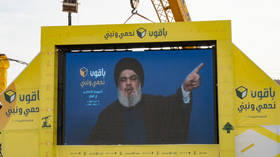
The Israel Defense Forces (IDF) has claimed it eliminated Hassan Nasrallah, the Secretary-General of the Hezbollah paramilitary group, in a strike on Beirut, Lebanon.
In a statement on Saturday, the IDF confirmed media reports that the top official was killed in the bombing of an underground compound belonging to the militant group in the Dahiyeh suburb of the Lebanese capital. “Hassan Nasrallah will no longer be able to terrorize the world,” it added.
According to the IDF, Nasrallah “was responsible for the murder of many Israeli civilians and soldiers” as well as numerous other “terrorist activities.” “The IDF will continue operating against anyone who promotes and engages in terrorism against the State of Israel and its people,” the statement warned.
Hezbollah has confirmed the death of Nasrallah despite initial reports that he was not harmed in the Israeli airstrikes.
The Israeli military also said that the strike killed Ali Karki, the Commander of Hezbollah’s Southern Front, after receiving “precise intelligence.” It earlier claimed to have “eliminated” Muhammad Ali Ismail, the Commander of Hezbollah’s Missile Unit, and his deputy, Hussein Ahmad Ismail, as well as several other operatives and senior members of the group.
Nasrallah, 64, is widely regarded as one of the most influential figures in the Middle East and has earned a reputation as a sworn enemy of Israel. The cleric assumed leadership of Hezbollah in 1992 and played a major role in increasing the group’s strength and clout. Under his watch, it acquired longer-range rockets that allowed it to strike northern Israel, while continuing to support the Palestinian armed group Hamas in Gaza and maintaining close ties with Iran.
Israel and Hezbollah have exchanged frequent cross-border strikes recently, while balancing on the brink of full-scale conflict following the start of the Israel-Hamas war last October.
